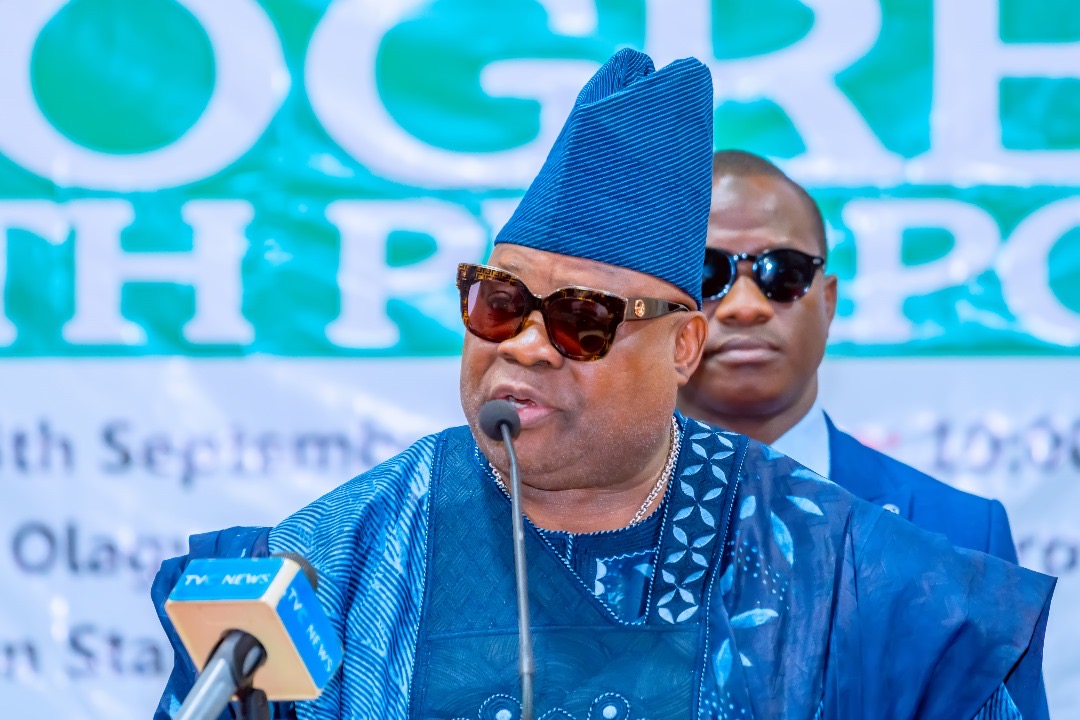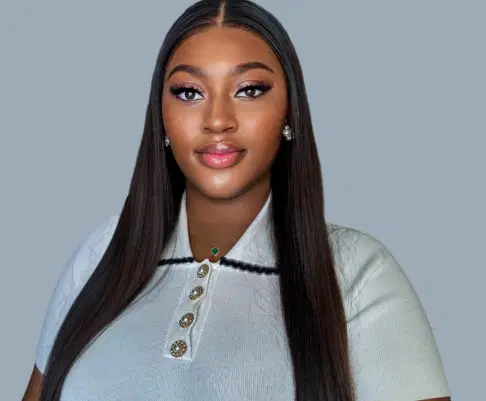By: Toheeb Babalola
In Africa, most especially among Nigerians, one of the easiest things is to ‘fish-out bad-eggs from a particular community or town. People, through language, character and attitude discover the original sons or daughters of their land/town. No matter how long strangers try hard to feel among, they will be discovered in a day.
In spite of the fact that the Constitution guarantees everyone to live comfortable anywhere within the federation, outsiders are still lacking some social, political and economic entitlements. However, nobody falls from the sky. We all have ancestral home.
Growing-up in Ibadan has been a great adventure and bittersweet experience for me. I was born into a low-income family at Academy, Owode in Ibadan South-east local government area, Oyo state. My father was a palm-tree climber and farmer, while mom is still a local launderer, Alagbafo.
Sometimes in early 20s, we relocated to areas within Ibadan Northwest local government where we reside together till date. I did my elementary and secondary education within this local government before heading to study Mass communication at The Polytechnic, Ibadan. This is simply to tell the world that I am spending my life in Ibadan without having an eye-taste of my hometown.
Like elderly say, ‘Omo to ba so ile nu, O so apo iya ko’ (One whose origin is forgotten, hangs bag of suffering). The fact is that our parents are from Ila oragaun – Father, son at Obasaba compound while Mother is a daughter at Ile- elekihan compound, reason(s) for them not to take us home is still hazy. However, my father has died and buried in Ibadan, in 2013.
Claiming to be an indigene in Ibadanland is hard-hitting and one cannot escape it. For them to attest your identity as real Omo’badan, you need to answer some rhetorical questions – “Tani Baba re nibadan? Nibo loko yin?” (Who is your father? Where is your family farm?) And, if one failed this test, he/she will be temporarily segregated from political and economic benefits in the town. Yet, Ila Orangun is my hometown.
Ila Orangun, an ancient town in the Southwestern parts of Nigeria which is about 12 kilometers to the Northeast, is occupied by over 180,000 Igbonnas – people who speak distinctive dialect of Yoruba language called Igbomina, and ruled by beaded-crown Kings called Orangun.
Historically, Ila Orangun was one of the first seven kingdoms founded from Ife by members of the Oodua royal families. It has been substantially propagated, by oral traditions, that one Fagbamila Ajagun-Nla was the first Orangun who migrated from Ile-Ife to somewhere around Igboho in the northern part of Yoruba land and who used Ada-Ogbo, a mystical cutlass, as a pathfinder in his efforts to found Igbomina land.
Ketu, Owu and Ila kingdoms were founded much earlier than Oyo-Ile and had encountered the Bariba and Nupe hostility which had forced only Ketu and Owu to abandon their original locations and relocated to some distance to the south. While Orangun was compelled to move the capital town from location to location in search of safety. This confirms that Ila Orangun, by origin, growth and development, is one of the most ancient leading Yoruba cities and communities.
According to Wikipedia, Ila Orangun, the historical capital of the Igbomina kingdom and Ila Local Government area of Osun State, the current Orangun is Oba Wahab Kayode Adedeji Oyedotun, who was crowned in 2003 following a five year long dispute between the princes eligiblefor the throne. While in Oke-Ila Orangun, a breakaway town and capital of Ifedayo, the current Orangun is Oba Adedokun Omoniyi Abolarin, of the Obasolo Ruling House, one of the four ruling houses among which the title rotates in Oke-Ila Orangun. He was installed on December 8, 2006.
I have read about the great impacts of these Kings since their coronations, but that can not change fact that my family and I are outside the town living vulnerable life. We cannot point at our family house at Obasaba.
I cannot wait to meet our royal fathers and dialogue with them for the benefit of this generation and incoming ones.
My name is Toheeb Babalola, I can be reached on WhatsApp +2348182724214, Twitter: @JurnoToheeb





